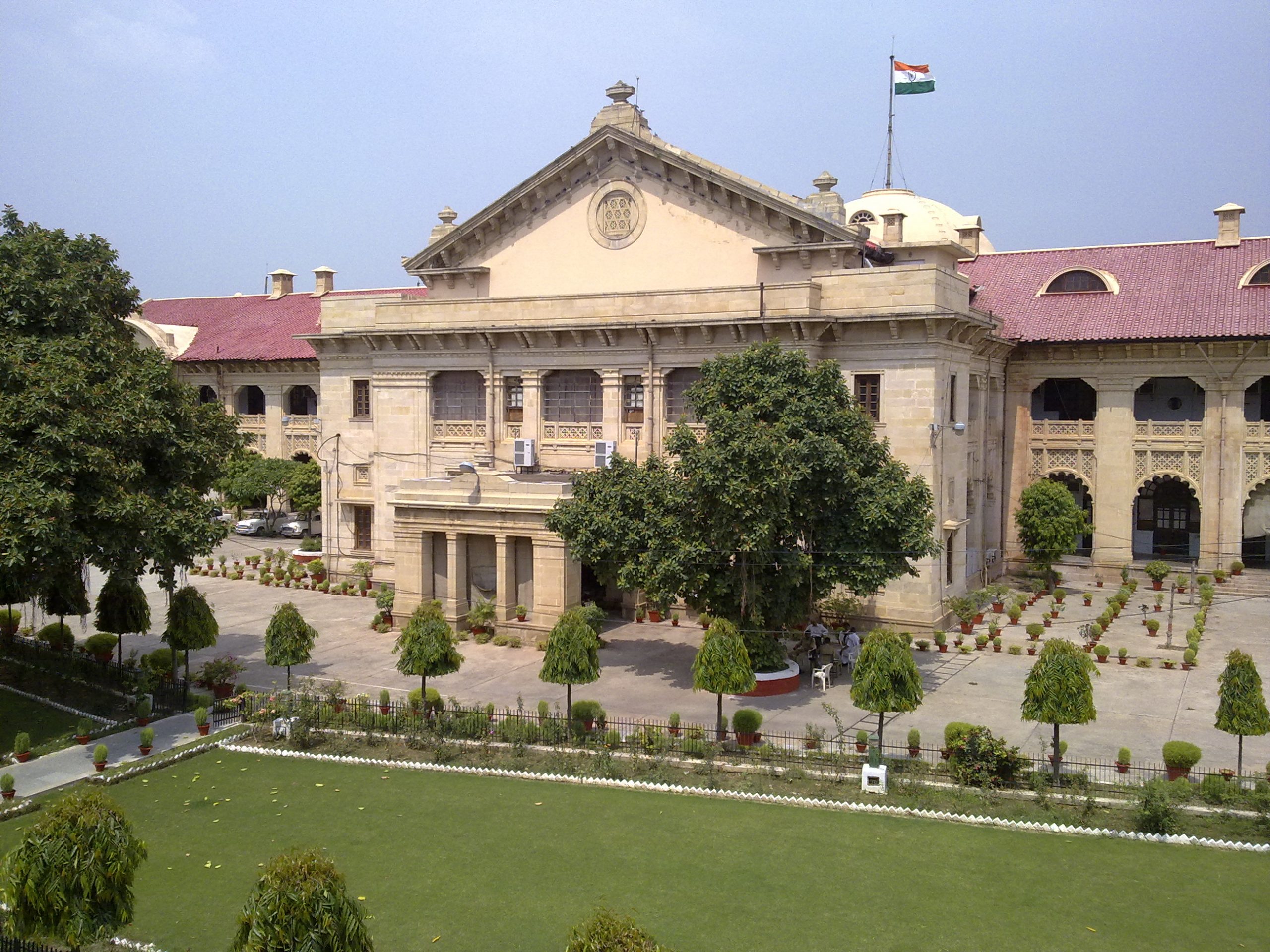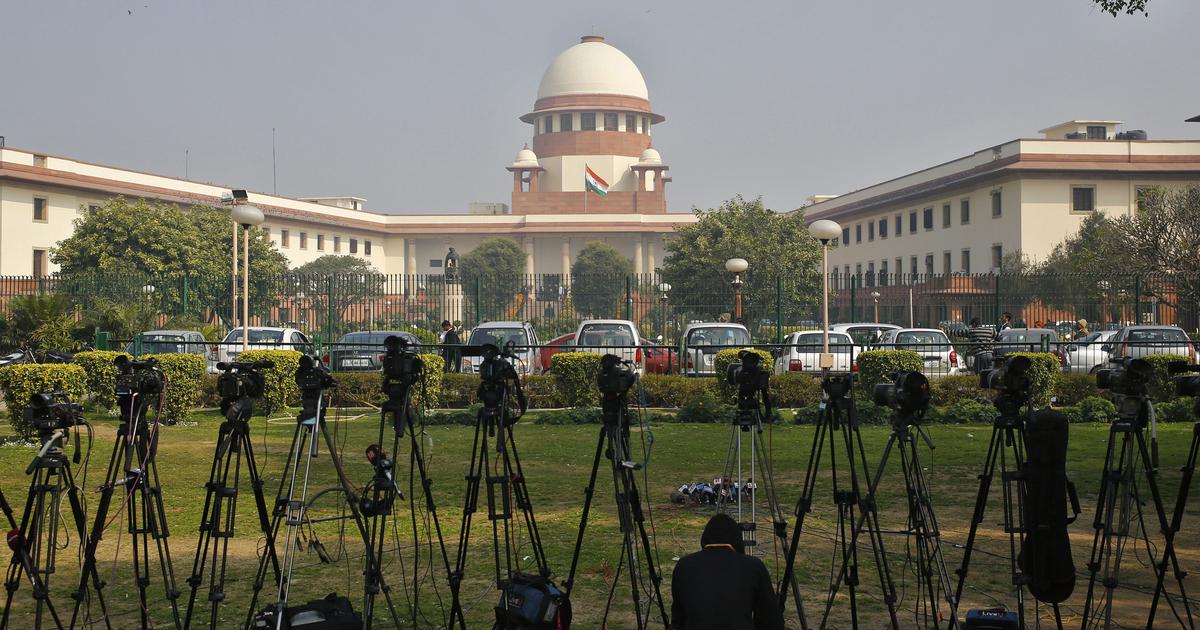Now Reading: In conversation with Syed Asif Iqbal, co-founder advok8.in on Third Party funding in Litigation
-
01
In conversation with Syed Asif Iqbal, co-founder advok8.in on Third Party funding in Litigation
In conversation with Syed Asif Iqbal, co-founder advok8.in on Third Party funding in Litigation
Adv. Syed Asif Iqbal, Advocate, High Court of Delhi who practices in the field of Contracts, Land acquisition, Consumer & Arbitration matters. He is also Co-founder, advok8.in; a technology and Artificial Intelligence driven company making legal profession easier and ensuring access to justice for all.
Interviewed by Anuj Kumar, Founder- Legal Desire
Anuj: Would you like to introduce yourself to our readers?
Asif: In last few years the legal domain has witnessed an acceptance for technology and has created a new branch of professionals, who are lawyers by profession and entrepreneurs from heart. I would like to associate myself in that club.
I graduated in law from Lloyd Law College in 2015 and started practising litigation with some reputed senior lawyers. My practice areas were arbitration, IPRs, consumer and commercial disputes. While I was practicing law I got associated with advok8, which is a legal tech start-up. I was fascinated by the vision of this start-up, which is now an integral part of my life. I also work as an RTI activist and have raised many important issues with the Government. I am glad to share that I also contribute as a columnist for Legal Desire.
I have actively worked on Third Party funding for the past two years and aided in making it a reality for the Indian scenario. As I got the chance to lead Third Party funding with advok8, I tried and was able to develop an indianised version of Third Party funding. I love working on innovations in the legal sector and believe that advok8 will come out with many path breaking developments in the legal sphere.
Anuj: How did you become interested in Legal Innovation and Legal Tech?
Asif: I think the simple answer for this would be the timing. Around 2016, India was witnessing a huge wave of start-ups. OLA, OYO, PAYTM were a few such start-ups who were making it big like never before. Almost in every segment there was disruption. I had been reading daily about them and their success stories when I was approached by advok8 and I just fell for it. Also when you are first generation lawyer you look for a chance to make quick growth in this limited lifespan, while everybody around you will push you to wait for 5-6 years to start something of your own. I believe that if you want to do it, you must make a move for it, and the people around will gradually start accepting it.
Anuj: What is Advok8? Tell us about Advok8 and how it all came about?
Asif: Advok8 is a legal cum fintech start-up which is devoted towards making justice and legal services accessible to all at an affordable price.
In the initial stages, advok8 mapped courts, the inflow of cases and the readiness of legal infrastructure to deal with the growing number of cases. Kundan, who is one of the founders of advok8, attempted to understand these potential threats which would hit the Indian legal dispute resolution system in next few decades, and wanted advok8 to be a platform to minimize the harm and reduce the increasing number of cases through technology while promoting access to justice.
Anuj: What is the common line that your start-up works on? What is the pain area you want to resolve for people at large?
Asif: The pain area which we want to resolve for people is legal cost.
In my opinion, high legal cost or legal expense is a barrier for access to justice. If the cost of accessing justice is high then the taste of justice for different strata will be different. So, advok8 started helping out litigants with legal cost and making it a neutral factor.
Keeping this is as its mission and vision, advok8 started Third Party Funding in India and is currently working on certain other products to resolve the issue of cost in litigation.
Anuj: Third Party Funding has witnessed a sudden rise in India. Tell us about it as you are the first movers?
Asif: Before I discuss more about Third Party funding, I would like to explain it to the readers. Third Party funding is the funding of litigation costs of a claimant, by a funder, in exchange for a share in the successful litigation or settlement amount. There are a few reasons why there is a sudden rise in the popularity of Third Party funding. The first is awareness after the Supreme Court judgment. The second is the interest of international litigation funders in India for exploring the Indian multi-billion dollar litigation market. The third is clarity on law that, unlike other countries Third Party funding was never illegal, so there is no point legalising it. Fourth, India is trying to become an Arbitration hub and Third Party funding accelerates arbitration as a dispute resolution mechanism.
Anuj: How you are planning to take Third Party funding to a bigger scale? How does it help individuals and Businesses?
Asif: We need to understand that Third Party funding is not just a necessity for individuals who don’t have money and to fight cases but it is a strategy for businesses to cope with legal costs and expenses. Scaling Third Party funding will require two things; greater involvement of corporates and creating a new investment class where individuals can invest in cases and earn high returns in comparison to any other mode of investment.
Individual are benefitted by Third Party funding as they can avail it to fight for their rightful claims without worrying about the deep pockets of the opposite party. On the other hand, Third Party funding is a tool to manage huge legal costs for businesses. Businesses can improve their EBITDA and cash flow by availing Third Party funding, and by using the previously allocated resources of the legal department in operation.
Anuj: Recently you came up with another line of product, tell us about that?
Asif: As we work to make legal cost a less relevant factor for access to justice, we are trying to introduce something by which individuals can pre-plan their legal expenses or cost. Of course, if you can pre-plan your legal expenses, like other potential expenses, your pocket will not get hurt when you face legal problems.
Our product is currently in process and is not ready to be delivered yet. It will take few weeks to hit the market.
Anuj: What is your vision and mission?
Asif: Like most start-ups who made elite products accessible to masses by introducing technology in a viable business module, our vision is to provide standardised, affordable and reliable legal services to masses. Our team is also working on introducing AI and ML in certain existing processes which will make legal systems more accessible and efficient. Most importantly, we encourage ADR and ODR as methods of dispute resolution as we would like to prevent petty cases from entering in the system by resolving disputes through ODRs as this will reduce burden of the judiciary.
Anuj: What impact do you think your product will have on the society?
Asif: I foresee that over a period of time the most important impact would be a shift in the mindset of litigants or masses about legal disputes.
Today anything related to legal is considered a woe unlike a blessing in the developed nations. Running away from the legal and justice system will not help rather understanding the empowerment it can provide will make us a better nation, because it’s not only rights but also the enforcement of rights that matters in a democracy. If we can contribute in bringing a slight shift in this, we will be happy that we have done something worth.
Anuj: Will that help generating opportunities for lawyers?
Asif: Of course, this is one of the most delightful aspects of advok8. We already have a very big network of panel lawyers who are diligently pursuing cases for us and various parties associated to us. With our new line of products we believe that many more opportunities will hit the market specially for young talents, who find it difficult to start their independent practices due to lack of clientele.
To make legal services cost efficient, distribution of cases among lawyers is an important aspect.
Over the period of time a pyramid is formed whereby 80 % of cases are handled by 20% of lawyers in every state. This structure somehow ignores many talented minds and they fail to survive in the long run. We are trying to provide opportunities to those who are in the middle of this pyramid; this will ensure low cost and high quality legal services without effecting the practice of the group at the top.
Anuj: What is the real need for this product? Does it target any specific need of the people/society?
Asif: Our services enable access to justice which drives it to be a product for the masses. Here I would like to borrow a famous quote from Robert Kennedy as he said, “The glory of justice and the majesty of law are created not just by the Constitution – nor by the courts – nor by the officers of the law – nor by the lawyers – but by the men and women who constitute our society – who are the protectors of the law as they are themselves protected by the law.”
Anuj: What constraints, challenges and opportunities exist in the development, design and usage of Third Party funding?
Asif: Third Party funding has been in existence for a few decades in other jurisdictions, but the legal position was very unclear in India in spite of the fact that no law bars Third Party funding in India. So the biggest constraint was to find the legitimate scope of Third Party funding in Indian legal system. When we entered the market, it took a lot of time and effort to confirm that Third Party funding is legally possible in India. Our second challenge was to communicate that Third Party funding is different from litigation finance by a lawyer, which is not permissible as per the BCI Act. Third, of course, was the trust of people. Nobody believes you when you are a first mover of something. People were very sceptical when we first pitched crowd fund based Third Party funding, however things have started working for us. The traction is encouraging.
The market of Third Party funding is of around 80 billion US dollars in India and with nearly 3.3 crore cases pending in the courts, the opportunity is huge. Therefore, one can find that India is becoming a place of interest for international funders.
Anuj: Recently CAM has started “Prarambh”. How do you see it?
Asif: I think it’s a wonderful move and I am really inspired by this step of Cyril Amarchand & Mangaldas. CAM has always taken the lead in shaping the legal sphere. This will encourage students from legal background to get into entrepreneurship with confidence. I think the idea behind this is to create greater acceptance for technology in the legal sector and to make a shift from traditional exhausting processes.
Anuj: Do you encourage Entrepreneurship as a career to lawyers?
Asif: Yes, of course! I firmly believe that lawyers can be great entrepreneurs. Aditya Ghosh, who recently joined OYO as CEO, is a role model on how big you can make as an entrepreneur with a legal background.
Anuj: How can we deep root entrepreneurship at the law college level? Are you doing something for it?
Asif: The most successful entrepreneurs are coming from IIMs or IITs. The reason behind this is that these institutions celebrate entrepreneurship and innovation. Entrepreneurship is a part of their curriculum. If we want to deep root entrepreneurship in law colleges, we need to make it a part of the curriculum, like moot courts and client counselling. Colleges must encourage Entrepreneurship cells to promote innovations in legal and non legal sectors.
Yes, I am working with some influential leaders who are also entrepreneurs with a legal background, to establish and promote end-to-end entrepreneurial setup for law students. When I say end-to-end I mean that when a law student has decided to take entrepreneurship as a career, he must have multiple opportunities waiting for him in the market.
Anuj: What is your message to young lawyers?
Asif: I will say let’s stop cribbing, blaming the seniors, hoping for clients, planning for independent practices and expecting magic to happen which will change your life. Believe me when I say, that you are the magician in your story. It is human nature that if you compromise once in your life, you will make a habit out of it.
Send your feedbacks/leads for interviews to info@legaldesire.com










